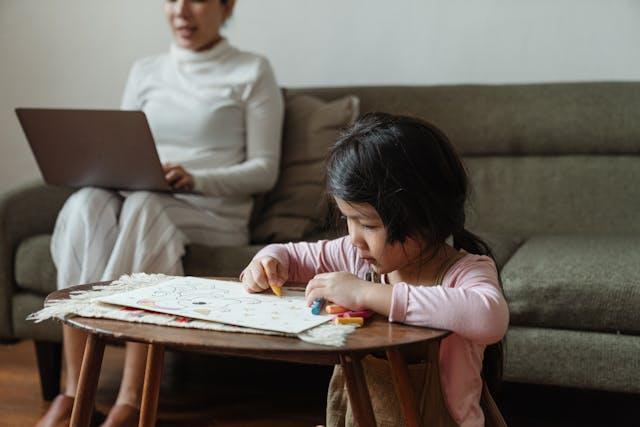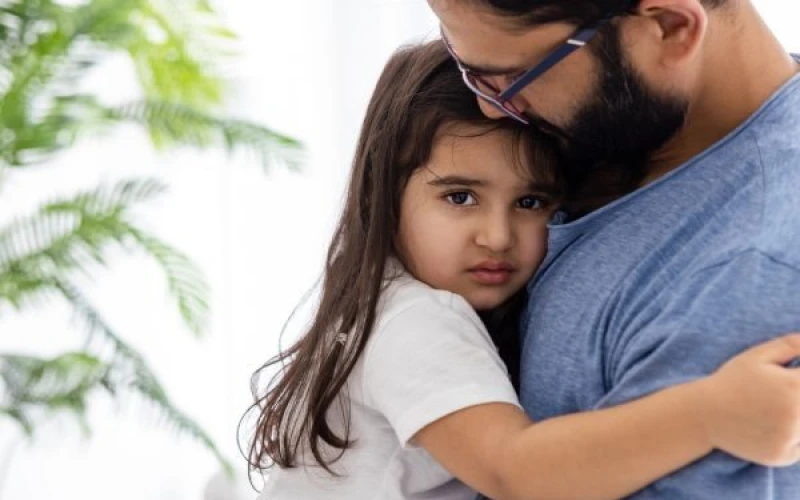How can our child lawyers help?
If you require specialist legal advice regarding child-related matters, our dedicated team is here to support you with:
- Child arrangements
- Parental Responsibility Agreements and Orders
- Safeguarding issues
- Grandparents’ rights
- Schedule 1 financial provision for children
Every family’s circumstances are unique, and we take the time to tailor our legal advice to your specific needs.
What our clients said about us?
Why choose us for expert advice on children’s legal issues?
We offer a complimentary initial consultation
It’s a great way to understand your options, get to know us better and make a more informed decision on whether we are the firm for you.
Our fees are straightforward, transparent and honest
After your initial consultation, you will know what your costs are likely to be. Depending on your needs, it may be possible to provide a fixed fee and in circumstances where it is not, a clear estimate will be provided which will be kept under close review.
We are honest, genuine people with an assertive and confident edge
We know how to assertively achieve results and to promote a positive resolution. We do the right thing by you. Not just for today, but for the future too.
We are proud of our rankings and feedback
Our clients often describe our service as “professional,” “friendly,” “a pleasure to deal with,” “first-class,” and “would use again.” But don’t just take our word for it; read their reviews on the independent site, ReviewSolicitors, here.
We are fully authorised and regulated by the SRA
This means we adhere to the highest professional and ethical standards set by the Solicitors Regulation Authority. You can be confident that your matter is being handled with integrity, care and full accountability.
We make law accessible
We believe that transparency and understanding are key to a good working relationship. We will endeavour to keep you informed of the latest legal updates and policy changes, in clear terms and without the jargon.
Meet our lawyers
London, Berkshire, Kent, Surrey and Sussex
Frequently Asked Questions
We know that legal matters concerning children can be complex. Below are some common questions our clients ask:
What factors do courts consider in child arrangement cases?
The court prioritises the child’s best interests, considering factors such as the child’s relationship with each parent, their emotional and educational needs, and the ability of each parent to provide a stable environment.
Our child lawyers in London, Kent, and Surrey can help you present a strong case.
Can grandparents apply for legal access to their grandchildren?
Yes, grandparents can apply for permission to seek a contact order through the courts if they are being denied access.
We provide legal guidance to help grandparents maintain meaningful relationships with their grandchildren.
How is child maintenance calculated?
Child maintenance is typically calculated based on the income of the non-resident parent. The Child Maintenance Service (CMS) provides guidelines, but in some cases, private agreements or court orders may be necessary.
Our solicitors can advise you on the best course of action.
What legal steps can be taken to protect a child from harm?
If a child is at risk, legal measures such as emergency court orders, prohibited steps orders, or child protection plans may be necessary.
Our child lawyers in London, Kent, and Surrey can help secure the appropriate protections.
If you need expert legal support on child-related matters, don’t hesitate to contact Parfitt Cresswell today. Our compassionate and experienced team of child lawyers is here to provide the guidance and advocacy you need.
Want to know more?
Get your free copy of our The Good Divorce Guide.













